Developing enquiries
In the EYFS this needs to be kept simple and activities should carefully build on previous learning. Read more
Sort by:
Date (Newest first) | Title A-Z
Show:
All |
Articles |
Podcasts |
Multipage Articles
-

A creative Egyptian project
ArticleClick to view -

A museum in the classroom: Learning history from objects
ArticleClick to view -

A view from the classroom: Teachers TV, The Staffordshire Hoard And 'Doing History'
ArticleClick to view -
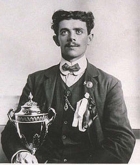
An Olympic Great? Dorando Pietri
ArticleClick to view -
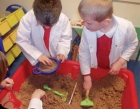
Archaeology and the Early Years: The Noah's Ark Experience
ArticleClick to view -
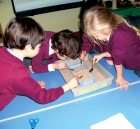
Archaeology: A view from the classroom
ArticleClick to view -

Assessment and Progression without levels
ArticleClick to view -

Beyond compare a study of Beatrix Potter and Benjamin Zephaniah
ArticleClick to view -

Case Study: Hit the net!
ArticleClick to view -
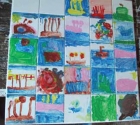
Case Study: Promoting creativity, empathy and historical imagination
ArticleClick to view -

Children's Thinking: Developmental psychology and history education
ArticleClick to view -

Children's thinking in archaeology
ArticleClick to view -

Chronology: Developing a coherent knowledge
ArticleClick to view -

Churches as a local historical source
ArticleClick to view -

Creating a school museum
ArticleClick to view -

Creating the 'creative history' website
ArticleClick to view -

Curriculum planning: How to write a new scheme of work for history
ArticleClick to view -
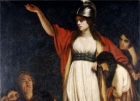
Developing enjoyable historical investigations
ArticleClick to view -

Doing history in the early years and foundation stage
ArticleClick to view -
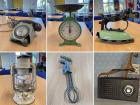
Exploring the past through active enquiry
ArticleClick to view

